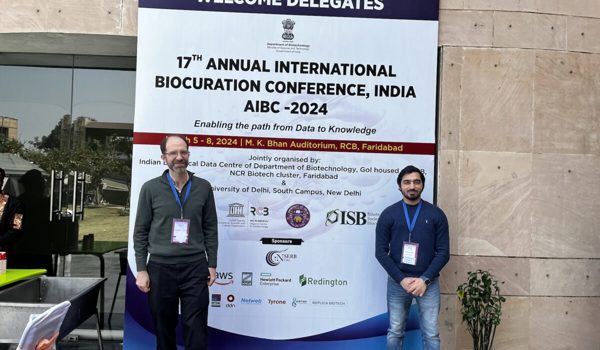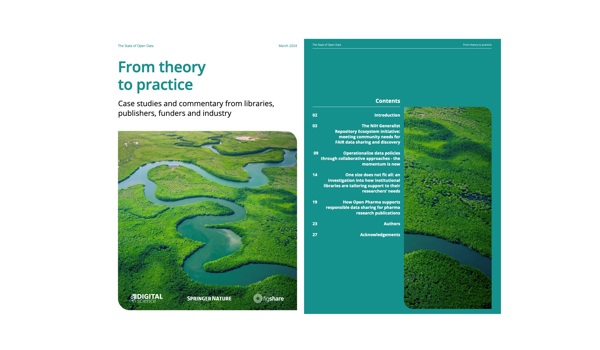21 Apr 2022
Q & A interview with DPhil student Jack White
We interview Jack to discuss his DPhil at Oxford e-Research Centre, focused on signal processing algorithms & chirped signals in radio astronomy

Jack White
The DPhil in Engineering Science at the University of Oxford offers students the opportunity to develop in-depth knowledge, understanding and expertise in a chosen field of engineering research. Students develop broad skills in relevant areas of mathematical and computational modelling, in the design and build of apparatus, in the development of software, and in data analytics and visualisation.
Jack White completed his undergraduate MEng Engineering Science at Oxford, and is currently studying for a DPhil in Engineering Science, supervised by Professor Wes Armour. We interviewed Jack to find out more his work.
What is the focus of your DPhil research?
My DPhil research focuses on GPU accelerated signal processing algorithms, particularly their numerical sensitivity and performance. Currently I am looking at detecting chirped signals in the context of radio astronomy.
What methods do you use to carry out your research?
I use GPUs to speed up the computation of detection algorithms, and the associated programming techniques required to optimise code for highly parallel processors. These methods are applicable to and used in tackling many problems involving large amounts of vector/array calculations.
What attracted you to this area of study?
Before I started my DPhil, I completed my undergraduate "4th Year Project” with my current supervisors (Prof. Wes Armour & Dr Karel Adamek) on a related project. I had completed the High Performance Computing coursework module ("HPC CWM” for 2nd year undergrads in the department already) which was my initial introduction to accelerating code, and then I completed an internship where I reduced the memory footprint of a decoding algorithm for a low-power radio. Across these experiences I found a lot of satisfaction writing fast code and this has informed my decision to complete this DPhil.
How might your area of research be applied in society and real-world situations?
By decreasing execution time and therefore energy requirements for solving computational power constrained signal processing problems. The most direct impact of my current work might be reducing the electricity bill for next generation radio telescopes, such as the Square Kilometre Array (SKA).
Find out more about the DPhil programme
The Department of Engineering Science and Oxford e-Research Centre DPhil programme





